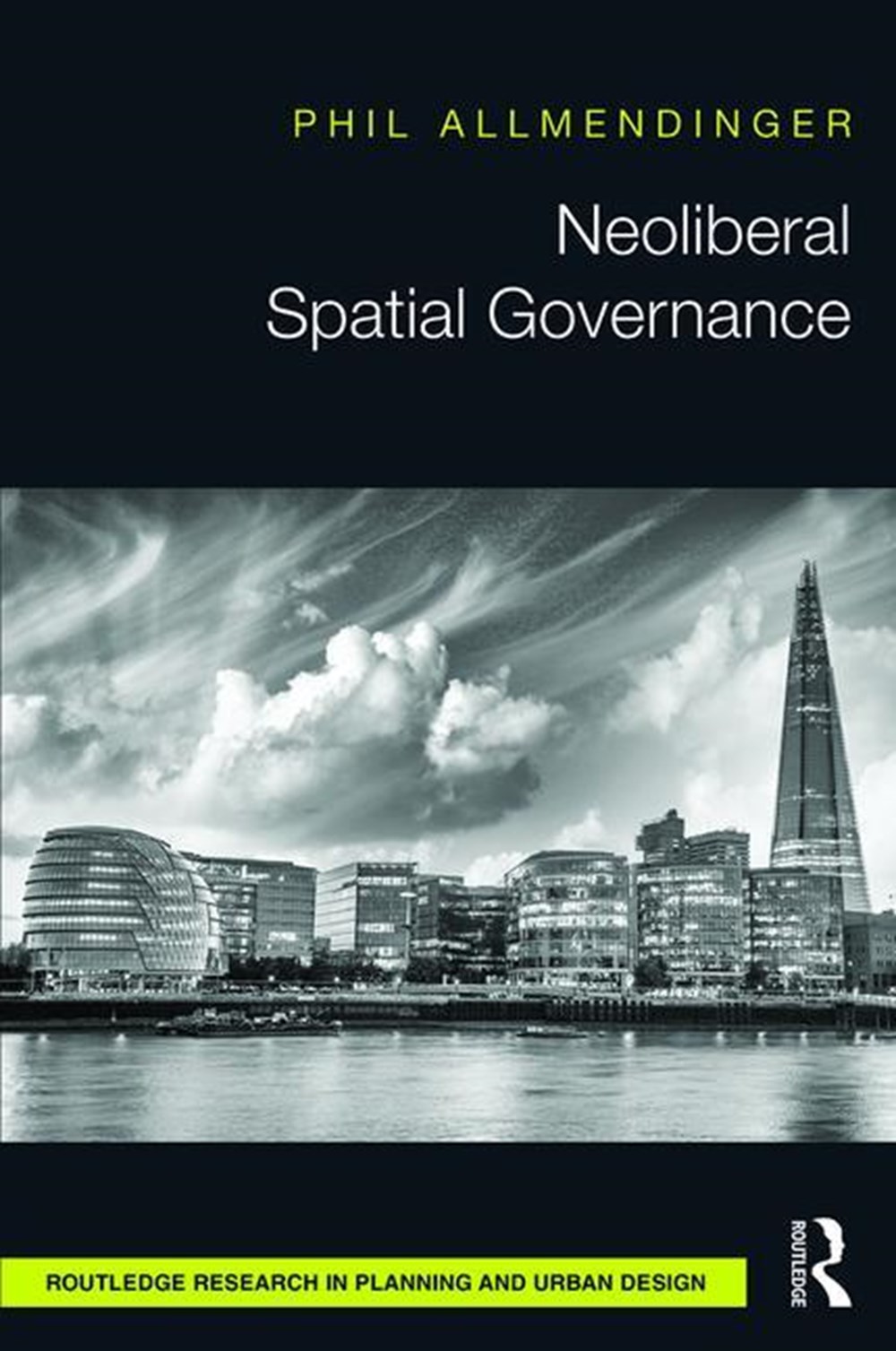
Neoliberal Spatial Governance
| Quantity | Price | Discount |
|---|---|---|
| List Price | $190.00 |
$190.00
Book Information
| Publisher: | Routledge |
|---|---|
| Publish Date: | 04/14/2016 |
| Pages: | 252 |
| ISBN-13: | 9781138936751 |
| ISBN-10: | 1138936758 |
| Language: | English |
Full Description
Neoliberal Spatial Governance explores the changing nature of English town and city planning as it has slowly but clearly transformed. Once a system for regulating and balancing change in the built and natural environments in the public interest, planning now finds itself facilitating development and economic growth for narrow, sectional interests.
Whilst there is a lip service towards traditional values, the progressive aims and inclusivity that provided planning's legitimacy and broad support have now largely disappeared. The result is a growing backlash of distrust and discontent as planning has evolved into neoliberal spatial governance. The tragedy of this change is that at a time when planning has a critical role in tackling major issues such as housing affordability and climate change, it finds itself poorly resourced with low professional morale, lacking legitimacy and support from local communities, accused of bureaucracy and 'red tape' from businesses and ministers and subject to regular, disruptive reforms. Yet all is not lost. There is still demand and support for more comprehensive and progressive planning, one that is not purely driven by the needs of developers and investors. Resistance against the idea that planning exists to help roll out development, is growing.
Neoliberal Spatial Governance explores the background and implications of the changes in planning under the governments of the past four decades and the ways we might think about halting and reversing this shift.

